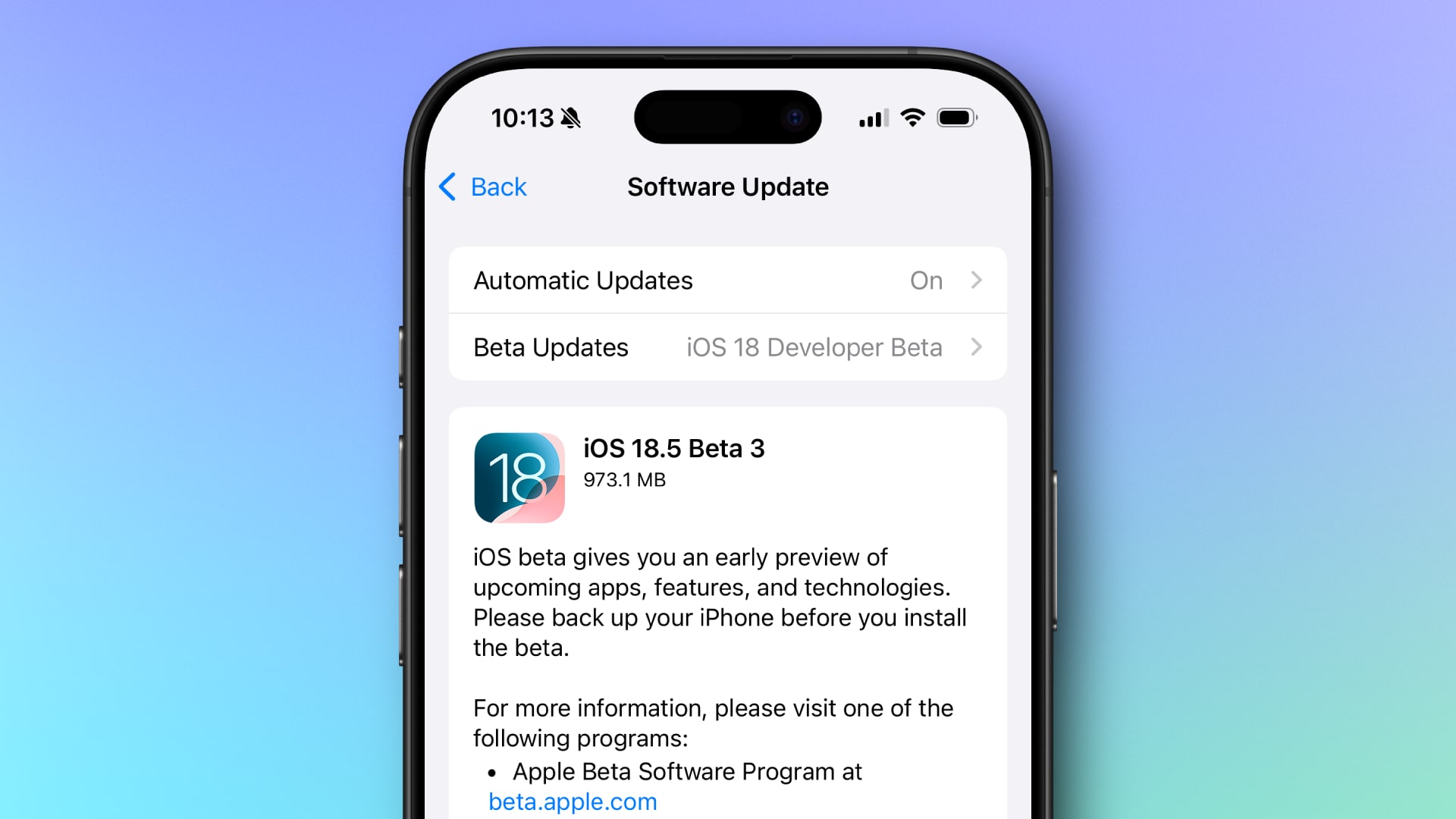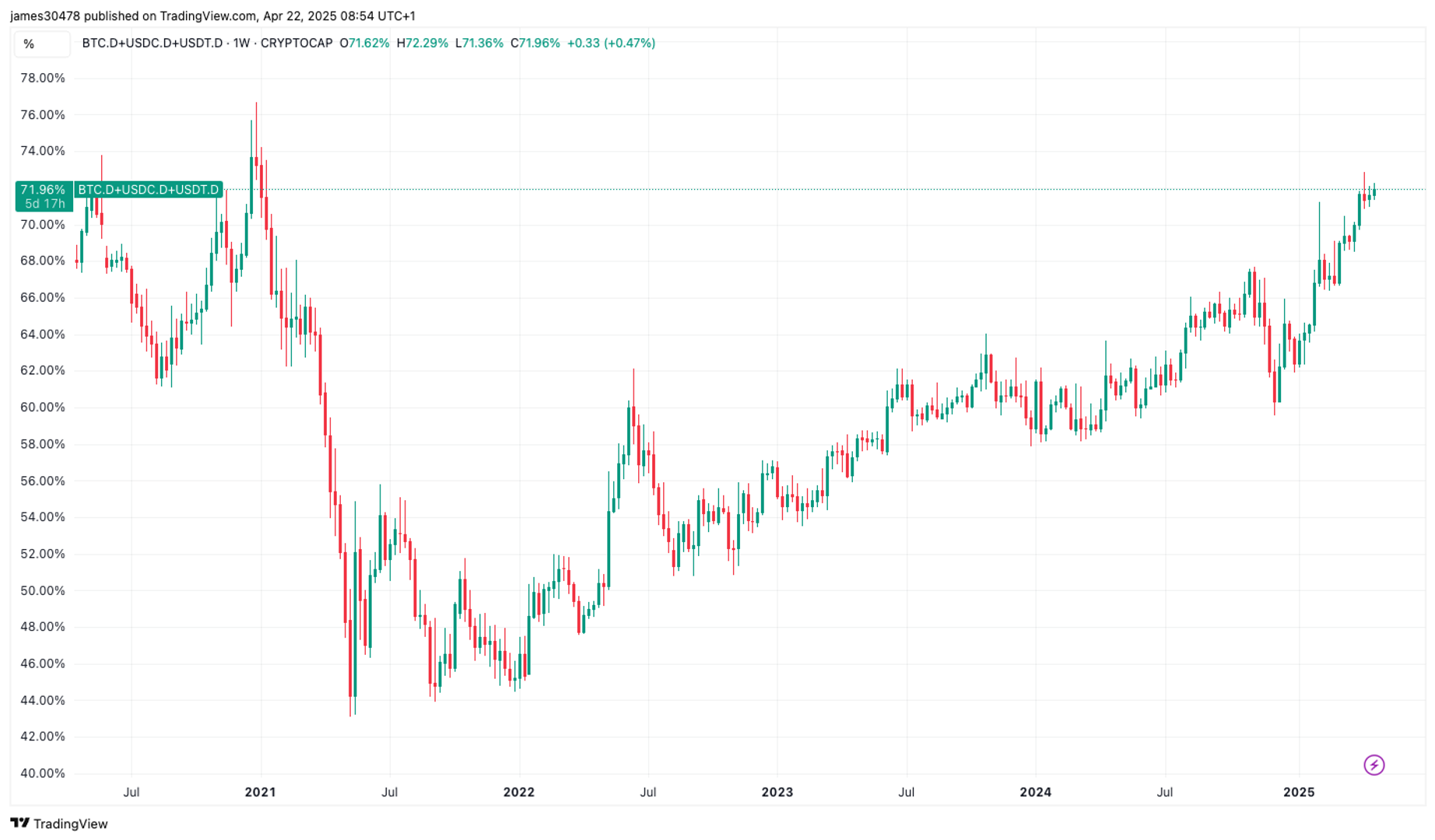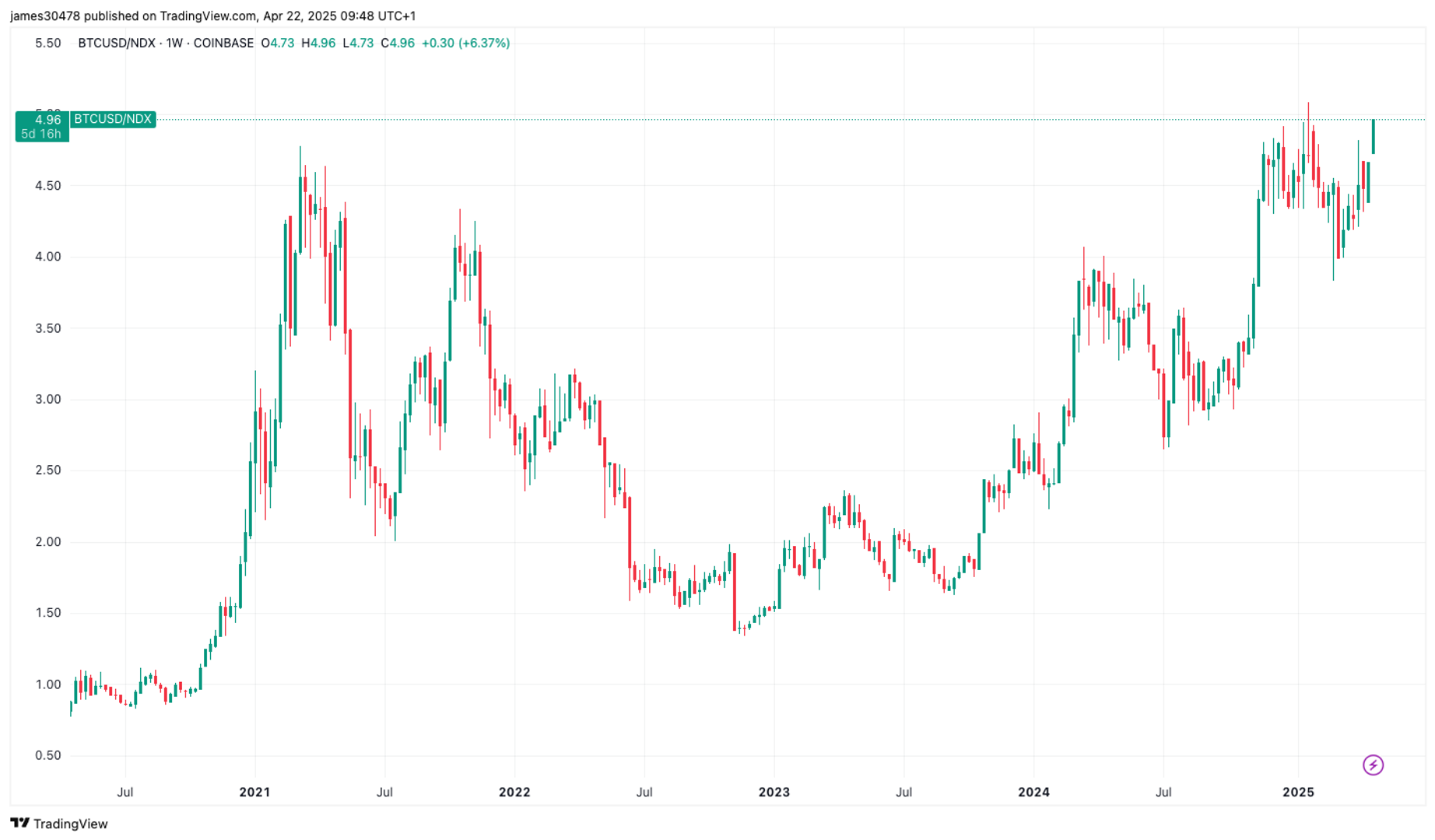Stop Relying on Just LocalStorage: Others are powerful too
When building modern web applications, efficient client-side data management is important. LocalStorage often comes to mind, but the browser offers powerful storage options, including localStorage, sessionStorage, cookies, and the often-underestimated IndexedDB. Let's delve into this storage zone. localStorage: This widely used client-side storage system allows you to store key-value pairs locally within the user's browser. However, it has a few notable limitations: String-Only Storage: You can only store strings. To persist objects or arrays, you need to serialize them using JSON.stringify() when saving and parse them back with JSON.parse() when retrieving. Limited Capacity: The storage limit is typically around 5MB per origin. Synchronous Operations: localStorage operations are synchronous, meaning they can block the main browser thread, potentially impacting performance, especially when dealing with larger datasets. sessionStorage: Similar to localStorage, sessionStorage provides key-value storage. The main difference is its lifespan: data stored in sessionStorage persists until the browser tab or window is closed. It shares the same limitations as localStorage: 5MB Storage Limit String-Only Storage Synchronous Operations Cookies: These small text files play a vital role in web communication. They can be sent with HTTP requests, making them essential for tasks like transmitting authentication tokens to the backend, particularly in Server-Side Rendering (SSR) scenarios. However, they have a significantly smaller storage capacity: 4KB Storage Limit IndexedDB: The NoSQL Powerhouse: IndexedDB is used for more complex data management. It is like a NoSQL database. It offers significant advantages: Flexible Data Storage: Unlike localStorage and sessionStorage, IndexedDB can store structured data, including JavaScript objects and binary data. Storage Capacity: You have access to much more storage space, often up to 100MB. Asynchronous Operations: IndexedDB operations are asynchronous, preventing blocking of the main thread and ensuring a smoother user experience, especially when dealing with large amounts of data. Advanced Features: It supports key features like database indexing, transactions for data integrity, and powerful querying capabilities. Key Takeaway: While localStorage and sessionStorage serve well for simple key-value storage, IndexedDB is the solution for complex client-side data management in modern web applications, offering greater flexibility, capacity, and performance.

When building modern web applications, efficient client-side data management is important. LocalStorage often comes to mind, but the browser offers powerful storage options, including localStorage, sessionStorage, cookies, and the often-underestimated IndexedDB. Let's delve into this storage zone.
localStorage:
This widely used client-side storage system allows you to store key-value pairs locally within the user's browser. However, it has a few notable limitations:
- String-Only Storage: You can only store strings. To persist objects or arrays, you need to serialize them using JSON.stringify() when saving and parse them back with JSON.parse() when retrieving.
- Limited Capacity: The storage limit is typically around 5MB per origin.
- Synchronous Operations: localStorage operations are synchronous, meaning they can block the main browser thread, potentially impacting performance, especially when dealing with larger datasets.
sessionStorage:
Similar to localStorage, sessionStorage provides key-value storage. The main difference is its lifespan: data stored in sessionStorage persists until the browser tab or window is closed. It shares the same limitations as localStorage:
- 5MB Storage Limit
- String-Only Storage
- Synchronous Operations
Cookies:
These small text files play a vital role in web communication. They can be sent with HTTP requests, making them essential for tasks like transmitting authentication tokens to the backend, particularly in Server-Side Rendering (SSR) scenarios. However, they have a significantly smaller storage capacity:
- 4KB Storage Limit
IndexedDB:
The NoSQL Powerhouse: IndexedDB is used for more complex data management. It is like a NoSQL database. It offers significant advantages:
- Flexible Data Storage: Unlike localStorage and sessionStorage, IndexedDB can store structured data, including JavaScript objects and binary data.
- Storage Capacity: You have access to much more storage space, often up to 100MB.
- Asynchronous Operations: IndexedDB operations are asynchronous, preventing blocking of the main thread and ensuring a smoother user experience, especially when dealing with large amounts of data.
- Advanced Features: It supports key features like database indexing, transactions for data integrity, and powerful querying capabilities.
Key Takeaway:
While localStorage and sessionStorage serve well for simple key-value storage, IndexedDB is the solution for complex client-side data management in modern web applications, offering greater flexibility, capacity, and performance.












































































































































































![[The AI Show Episode 144]: ChatGPT’s New Memory, Shopify CEO’s Leaked “AI First” Memo, Google Cloud Next Releases, o3 and o4-mini Coming Soon & Llama 4’s Rocky Launch](https://www.marketingaiinstitute.com/hubfs/ep%20144%20cover.png)


































































































































![From fast food worker to cybersecurity engineer with Tae'lur Alexis [Podcast #169]](https://cdn.hashnode.com/res/hashnode/image/upload/v1745242807605/8a6cf71c-144f-4c91-9532-62d7c92c0f65.png?#)























![BPMN-procesmodellering [closed]](https://i.sstatic.net/l7l8q49F.png)





















































































.jpg?#)
.jpg?#)



































.webp?#)





























































































![CarPlay app with web browser for streaming video hits App Store [U]](https://i0.wp.com/9to5mac.com/wp-content/uploads/sites/6/2024/11/carplay-apple.jpeg?resize=1200%2C628&quality=82&strip=all&ssl=1)



![What’s new in Android’s April 2025 Google System Updates [U: 4/21]](https://i0.wp.com/9to5google.com/wp-content/uploads/sites/4/2025/01/google-play-services-3.jpg?resize=1200%2C628&quality=82&strip=all&ssl=1)











![Apple Releases iOS 18.5 Beta 3 and iPadOS 18.5 Beta 3 [Download]](https://www.iclarified.com/images/news/97076/97076/97076-640.jpg)
![Apple Seeds visionOS 2.5 Beta 3 to Developers [Download]](https://www.iclarified.com/images/news/97077/97077/97077-640.jpg)
![Apple Seeds tvOS 18.5 Beta 3 to Developers [Download]](https://www.iclarified.com/images/news/97078/97078/97078-640.jpg)
![Apple Seeds watchOS 11.5 Beta 3 to Developers [Download]](https://www.iclarified.com/images/news/97079/97079/97079-640.jpg)





























































































































